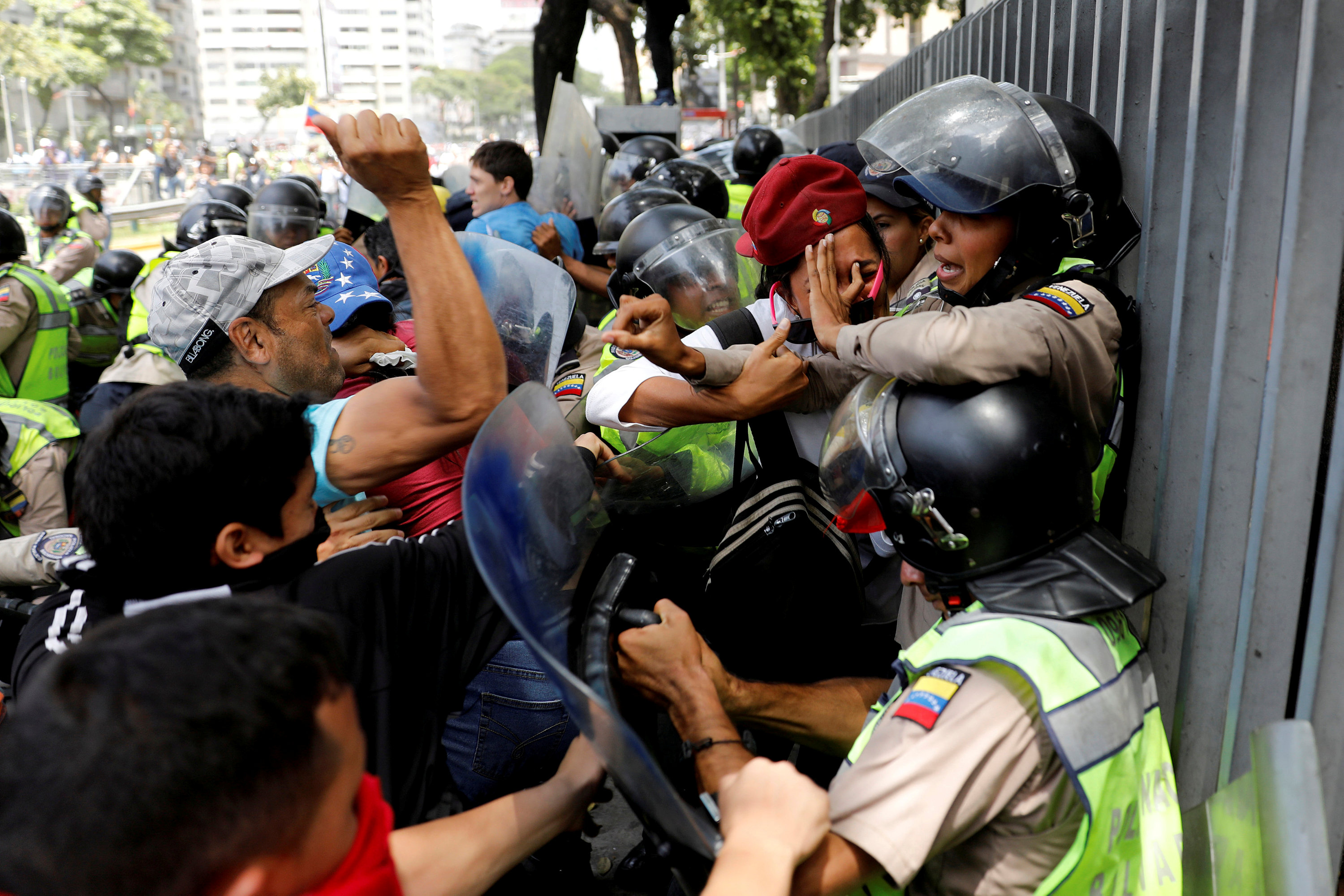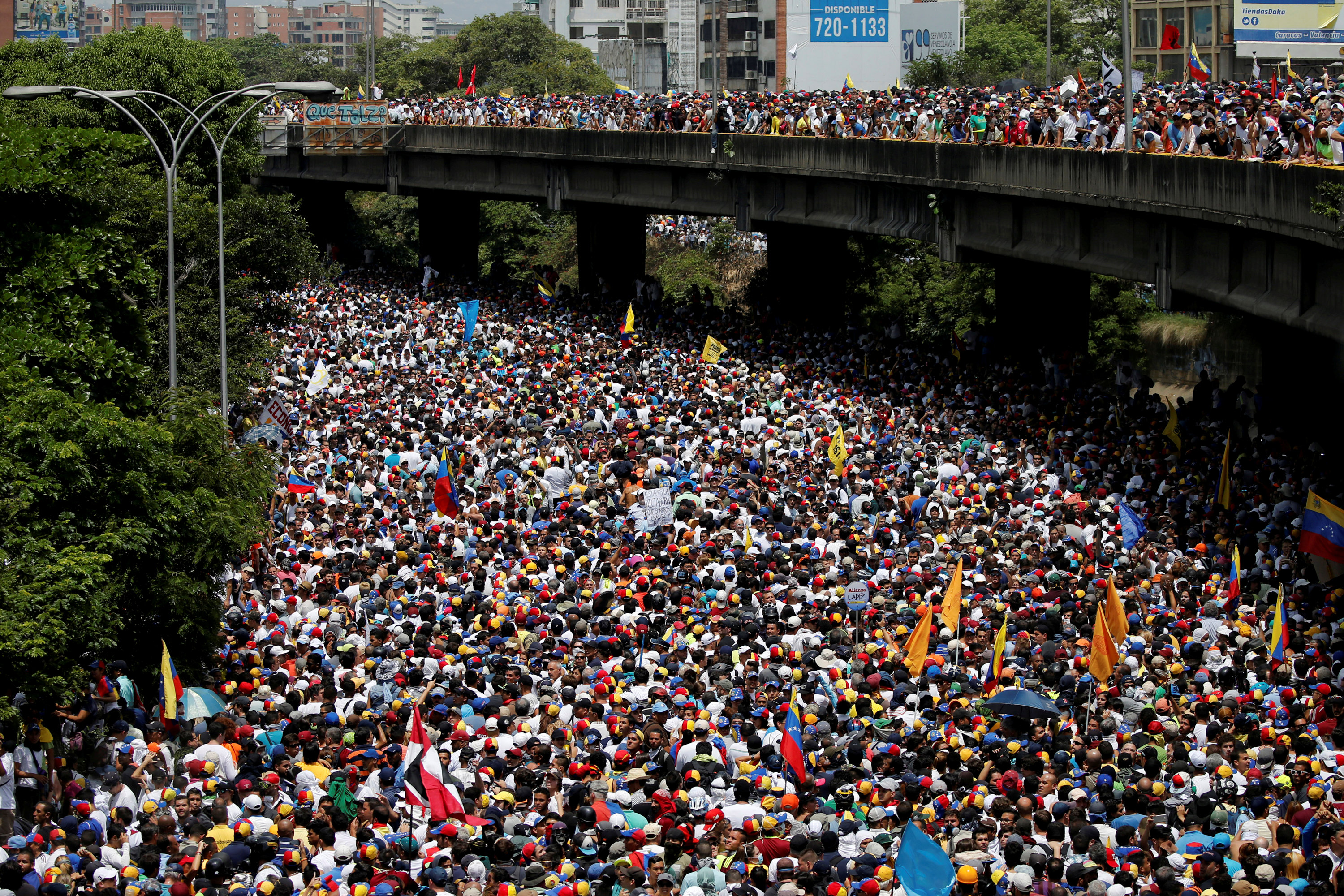
By Clement Rossignol
BRUSSELS (Reuters) – Nearly 50,000 people marched through Brussels’ European quarter on Thursday in support of Catalan independence and the region’s president, who has avoided arrest in Spain by taking refuge in Belgium.
Before Carles Puigdemont addressed the crowd, many draped in Catalan flags, police estimated its size at 45,000. There were chants of “Puigdemont, President” from a generally good-natured throng, many of whom had traveled from Spain for the occasion.
Some carried placards criticizing the European Union for not pressuring Madrid. One sign showed the face of European Commission President Jean-Claude Juncker with the question: “Democracy? Some defend it when it suits them. Shame on them.”
Gloria Cot, a clerk from Barcelona who had just arrived in by coach, said: “Brussels is a kind of a loudspeaker for us.
“It is a loudspeaker so that people can know that we really don’t have a 100 percent democracy in Spain and that Catalonia has always been subjected to problems with Spain.”
Nuria Salvat, a student from Tarragona in Catalonia, said she had come to demand freedom for “political prisoners” – members of Puigdemont’s administration held in jail in Spain – and to support Puigdemont himself, who faces jail if he returns.
“Spain,” she said, “has always treated us very badly.”
A short distance away in the EU executive’s headquarters, Juncker’s deputy Frans Timmermans told reporters he welcomed the “very positive atmosphere” of the demonstration, which took place as campaigning has got under way for a Catalan election which Madrid hopes can end the deadlock created by its refusal to recognize an independence vote Puigdemont held in September.
But, the former Dutch foreign minister said, there was no change to Commission policy that the dispute with the Barcelona authorities, now removed from office, remains an internal one in which the EU has no need to intervene because Spain’s democratic constitution is functioning in line with EU values.
Accusing Puigdemont and his allies of undermining the rule of law by choosing to ignore a Spanish constitutional ban on secession rather than trying to change the constitution, Timmermans said they were jeopardizing basic freedoms and noted there had been big rallies in Spain on both sides of the debate.
“If you do not agree with law, you can organize yourselves to change the law or the constitution,” he said. “What is not permissible under the rule of law is to just ignore the law.”
(Additional reporting and writing by Alastair Macdonald; editing by Mark Heinrich)










